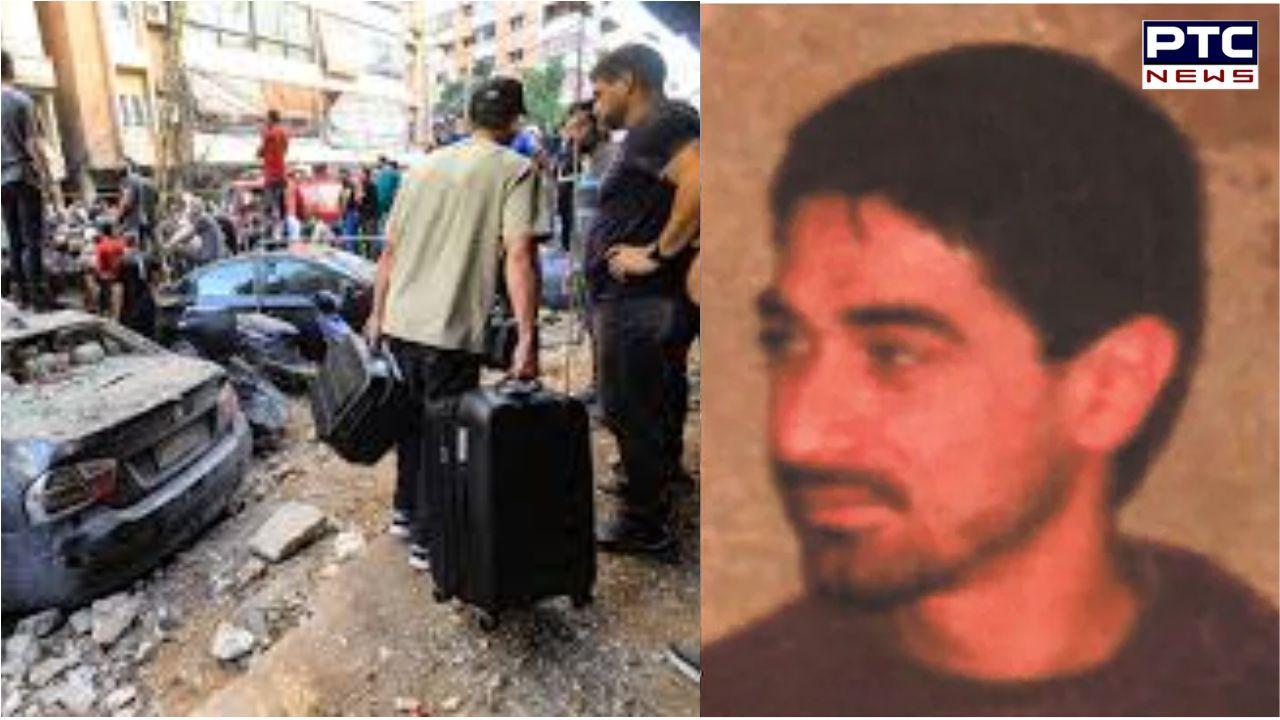

Israeli strike kills top Hezbollah commander Ibrahim Aqil in Beirut | Who is Aqil?
PTC Web Desk: Israel conducted a strike on Friday that killed Ibrahim Aqil, the commander of Hezbollah's elite Radwan Force, in Beirut. The attack, which also left 14 dead and many injured according to Lebanese officials, targeted a high-rise building in the southern suburbs of the city.
Ibrahim Aqil, a prominent figure wanted by the United States for his role in the 1983 US embassy bombing in Beirut, was a senior member of Hezbollah and head of its elite unit. His death was confirmed by the Iran-backed militant group, which hailed him as "one of its great leaders" who died "on the road to Jerusalem," a phrase used for fighters killed by Israel.
This is the second time a senior Hezbollah commander has been killed since the war in Gaza began. In July, Israeli forces killed Fuad Shukr, another top Hezbollah official, during an airstrike in Beirut.
Who Was Ibrahim Aqil?
Ibrahim Aqil was born in Baalbek, Lebanon, and joined Hezbollah during its early formation in the 1980s. He quickly rose through the ranks, becoming a member of the group's highest military body, the Jihad Council, and led the Radwan Forces, known for their role in Syria where they gained expertise in urban warfare and counterinsurgency.
Aqil's identity remained largely in the shadows as he ascended within Hezbollah's military command. According to Elijah Magnier, a military and counterterrorism analyst, Aqil was part of the group's "old guard," with critical responsibilities at the highest levels. "To be a member of the Jihadi Council and the leader of the Radwan Forces is very privileged," Magnier said.
The US government had placed Aqil on its sanctions list and offered a $7 million reward for information leading to his arrest or conviction. In 2015, he was designated as a global terrorist by the US Treasury and State Department.
Aqil, who received officer training in Iran and fought in multiple conflicts in Lebanon and Syria, was described by Mohannad Hage Ali, a senior fellow at the Carnegie Middle East Center, as a seasoned commander who maintained close ties with Iran. His death marks a significant loss for Hezbollah amid the ongoing regional conflicts.
- With inputs from agencies
